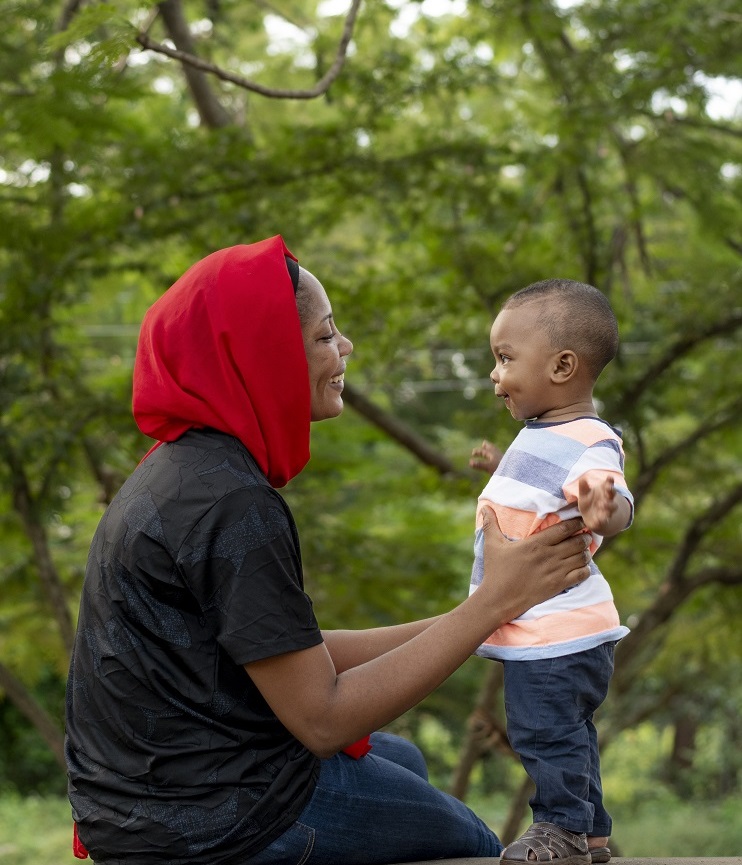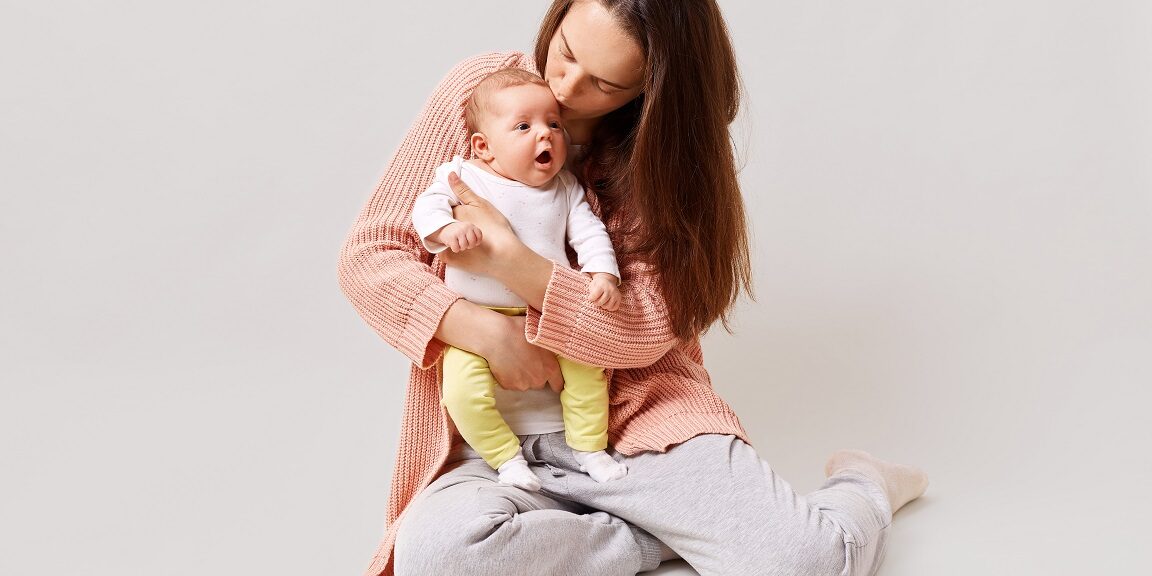Thinking back, for those of us that can recall those early days of parenthood will remember one thing very clearly – that we often did not know exactly what we were doing, but we were trying our very best. For many new parents, especially those without strong, positive support networks or good examples of parenting to draw from, this journey can feel even more daunting. This is where parent and child fostering offers rewarding opportunity to make a difference for a family.
At first glance, the idea sounds wonderful – providing a parent with guidance and support to develop the skills and confidence needed to care for their baby or toddler, while enjoying having a little one in the home. However, there is much more to parent and child fostering than many people realise including the primary goal to support the parent-child relationship and prevent the child from entering full time foster care.
Parent and child foster carers are specialist carers who undertake dedicated training in addition to regular foster carer training.
Parent and child foster carers provide a positive, supportive, and supervised environment, observing and modelling positive parenting working as part of a team including social workers and health visitors. Parent and child fostering arrangements can typically be 12 to 26 weeks long. However, because of the many complexities these have been known to run for longer periods. This type of fostering can include the mother or father, baby, and/or child and occasionally mother and father together along with their baby. Parents with learning disabilities and vulnerabilities of their own, as well as parents where their previous children may have been removed due to concerns about parenting skills need the support of a parent and child arrangement. Some parents may also have had issues with substance misuse, domestic abuse or mental health issues who need a safe and supportive environment to learn and practice parenting skills.
Living in a foster family can be a stressful experience for a parent. They are not only living in someone else’s home, but they are also aware that they must demonstrate that they can parent well enough to keep their child in their care. This means foster carers must be patient, understanding and have the time to support parents at their own pace – helping them to process advice, build new skills and grow in confidence.
Many people are unaware that being a parent and child foster carer requires being at home full-time. It is essential to ensure that the baby is cared for and safeguarded at all times, as parents may need extra support to understand and respond to their child’s needs. Often, parents may have experienced their own trauma, such as domestic abuse, mental health difficulties or historical substance misuse. Some may simply be young themselves, needing to adapt to being a parent at such a young age. Foster carers therefore provide support to the parents own needs as well as helping them to care for their child safely and lovingly.
It is important to have suitable space within the home. A double bedroom (or two single bedrooms close together) is required for the parent and child, along with a safe, baby-proof lounge area where they can relax and play. Parents will also need access to the kitchen and laundry facilities so they can prepare food, sterilise bottles, and wash clothes.
Foster carers must also be able to help parents attend appointments, family contact sessions with partners or other relatives, etc. For this reason, being able to drive and having access to a car is strongly preferred. Carers should also consider how fostering a parent and child will fit with their own family life – for example, who can assist with school runs for their own children while they provide full-time support at home.
Foster carers receive an allowance when supporting a parent and child, which covers the cost of food, nappies, clothing, and other essentials. In some cases, a portion of this money is shared with the parent so they can demonstrate budgeting skills and purchase their own groceries and baby items. All financial arrangements are clearly outlined at the start of you providing care.
In some cases, if an assessment concludes that the parent is not able to continue caring for their child, foster carers may be asked to care for the baby until permanent arrangements can be made, such as moving to another family member or adoptive family. This continuity can be extremely beneficial for the child, who will already have formed a bond with the fostering family, minimising further disruption during what is often a challenging time.
 It is also common for parents who successfully complete their placement to maintain contact with their foster carers. Many parents appreciate having an ongoing friendship and support network, particularly if they do not have family of their own to rely on. We ask all prospective foster carers to consider this aspect, as it can be a meaningful part of the role.
It is also common for parents who successfully complete their placement to maintain contact with their foster carers. Many parents appreciate having an ongoing friendship and support network, particularly if they do not have family of their own to rely on. We ask all prospective foster carers to consider this aspect, as it can be a meaningful part of the role.
Parent and child fostering is not without its challenges, but for those with the time, patience, and commitment, it offers a chance to make a profound difference – not only for a child but for an entire family’s future.
Interested?
If parent and child fostering sounds like something you would like to know more about,
we are always happy to have a chat 😊
www.ukfostering.org.uk 0345 222 0518
